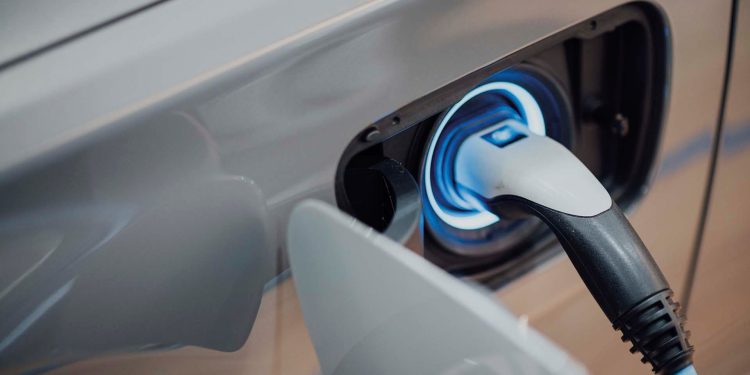EV Torque – swap the fleet time!
Words: Mark Gilbert
More than half of new cars sold in New Zealand are purchased by businesses. And the majority of these end up in corporate fleets or in car sharing programmes.
This month I spoke to Daniel Malpass at CustomFleet, Kirsten Corson at Zilch, and Dennis Kelly at FleetPartners to get their take on the shift to electric vehicles in their sectors. And before you say this article is only relevant to business owners, think again. Car sharing provides everyone an alternative to owning a vehicle. And corporate and government fleets are a huge feeder of the second-hand car market.
Malpass says, “A number of the early EV adopters are undergoing their first replacement cycle. Many of these cars will now be sold second hand.”
Fleet companies are reporting a surge in electric vehicle interest over the past 12 months from business and government clients. Of the fleets that CustomFleet oversees in which there are more than five vehicles, 12 per cent have an EV already in the fleet or have one or order. I’m told now it’s very rare for fleet companies to have conversations with clients where they don’t ask about EVs.
Kelly says, “There are two significant factors behind the interest in EVs as fleet vehicles. Firstly, businesses are looking to address their emissions and EVs can make a genuine difference. Secondly, the introduction of the Clean Car Discount on 1 July last year has made them much more affordable.”
While interest and uptake are both increasing, fleet owners need to be aware that moving to electric vehicles needs some careful thought. The purpose and use of the fleet need to be considered, as well as practicalities around charging.
Malpass says, “Our own fleet is already 100 per cent electric. It’s important to start an EV transition with a fleet utilisation study, to understand how the fleet is used and whether electric vehicles are the most appropriate choice. These studies often enable organisations to reduce the size of their fleet, by taking some existing vehicles off the road. A government customer of ours has transitioned their fleet to electric and reduced its overall fleet size by 60 per cent.”
Kelly adds, “Reducing fleet size and switching to an EV can result in significant cost savings for organisations. Get your staff to try one. In my experience, once people try an EV they’re hooked.”
If you’re considering an EV for your business fleet, the four key steps are:
1. Understand your carbon footprint and set targets to reduce your emissions
2. Understand how you use your fleet and whether EVs are suitable
3. Get advice on the charging equipment and services you need
4. Engage your employees!
If you don’t want to own or lease an electric vehicle, there are other ways to adopt EV technology. Corson from car sharing firm, Zilch, explains, “Mobility as a Service, or MaaS”, is an alternative to owning or leasing. It’s using technology to optimise an asset. Zilch does this with businesses by allowing their staff to book electric vehicles for business or private use. With over $30 billion invested in the New Zealand vehicle fleet and the average car being used for less than five per cent of the time, there is an opportunity to share access to vehicles to create real financial and environmental efficiencies, not to mention savings in parking costs.”
Corson says that Genesis, one of Zilch’s customers, used to provide more than 200 car parks for staff. Now they provide none. Instead, they have moved away from company cars in salary packages to providing discounts on public transport and e-bikes and access to Zilch public car-share services. As a result, they’ve reduced the size of their vehicle fleet by 20 per cent, delivering cost and carbon savings.
MaaS benefits more than just those using the service. We all benefit from fewer cars on the roads. This is especially the case in Auckland, where there are more than one million cars in the city, growing at a rate of 40,000 every year, and so much productivity is lost to road congestion.
These new and innovative options give people transport choices that will improve our towns and cities, enhance business outcomes, and contribute to an improved quality of life. And there’s also the economics to consider, especially with gas at over $3.00 per litre.





